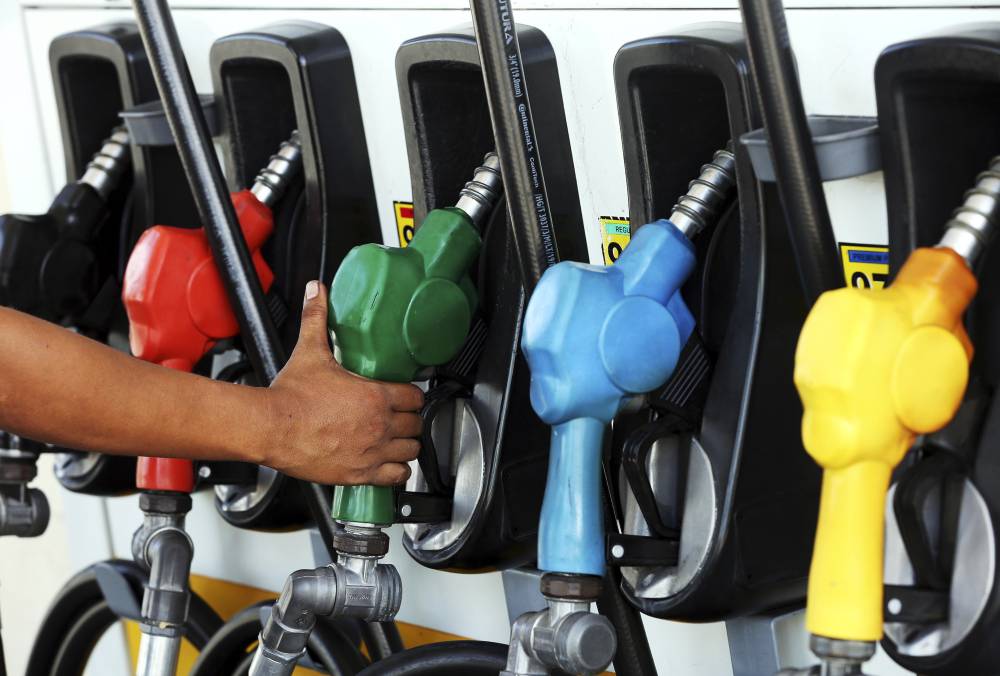MANILA, Philippines — Local fuel prices went up significantly on Tuesday, rising by almost P2 a liter a week after oil companies implemented a rollback.
The prices of gasoline climbed by 85 centavos per liter, diesel by P1.75, and kerosene by P1.90, with most industry players implementing the hikes at 6 a.m.
The higher prices were due to various global events, including the projected increase in global oil demand.
The US Energy Information Administration (EIA) estimated that global fuel consumption would increase by 1.1 million barrels per day (bpd) to 103 million bpd this year. This was slightly lower than the projected 104.5 million bpd for 2025.
Higher demand seen
In its outlook, the EIA said most of the expected growth in demand would come from non-members of the Organization for Economic Co-operation and Development, with China and India beefing up fuel consumption.
For its part, the Organization of the Petroleum Exporting Countries (Opec) retained its projection of higher world oil demand as travel and tourism would fuel consumption in the second half of this year. The Opec estimated a growth of 2.25 million bpd in 2024 and 1.85 million bpd in 2025, both unchanged from last month’s forecast.
“Uncertainties over the timing of the [Federal] Reserves on the interest rate cut and the reduced Saudi exports to China and potential US reserve purchases put upward pressure on pump prices,” said Rodela Romero, director of the Department of Energy’s Oil Industry Management Bureau.
This week’s upward price adjustment wiped out the previous week’s price cuts per liter in gasoline (60 centavos), diesel (P1.20), and kerosene (P1.30).
Any developments in the global oil market may affect the pricing in the domestic market since the Philippines is a net importer of petroleum products.
The Mean of Platts Singapore is the daily average of all petroleum product trading transactions in the Singapore trading hub. It serves as the benchmark in the Philippines for pricing fuel products.
